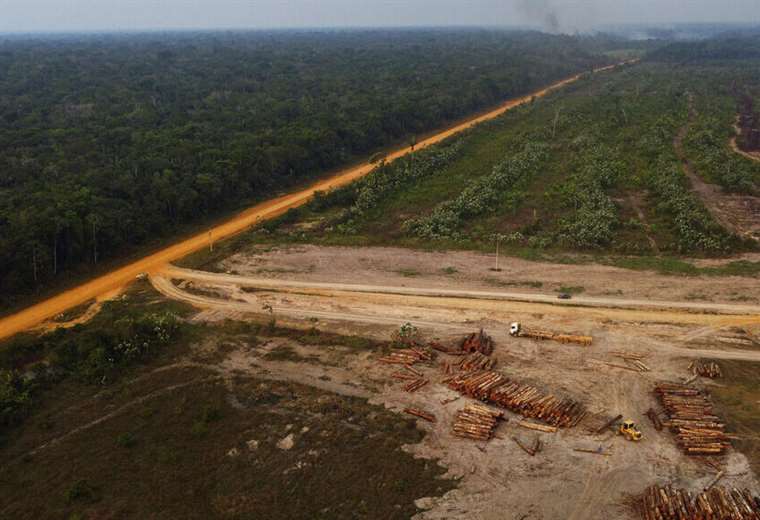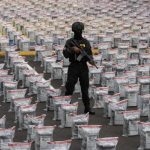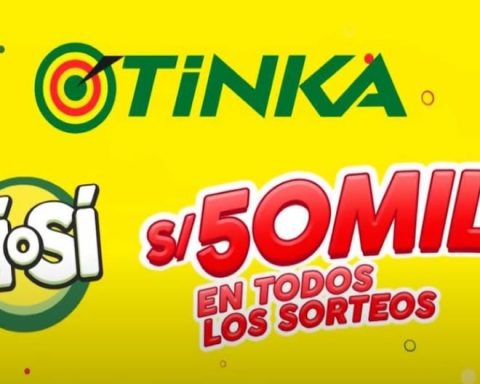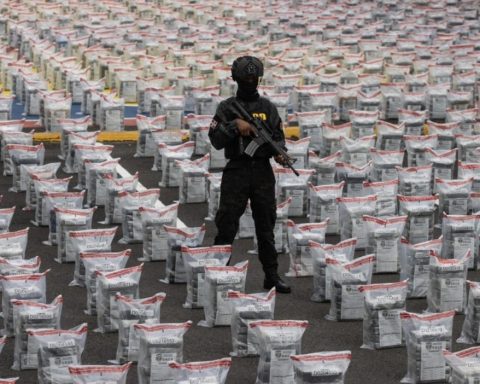April 19, 2023, 9:02 AM
April 19, 2023, 9:02 AM
For the supporters of this law, which will be approved on Wednesday, April 19, in the Strasbourg Parliamentwill be the guarantee that no product consumed in Europe will have contributed to the destruction of forests in Asia, Africa or America.
With RFI’s special envoy to Strasbourg, Daniel Vallot
From now on, it will no longer be possible import into Europe products resulting from deforestation. At least that is the ambition of the supporters of this new legislation, presented as a world first. Products affected include coffee, cocoa, palm oil and soybeans, but also rubber, charcoal and paper.
How to achieve it: through controls at the EU borders, as explained by Pascal Canfin, a renovating MEP and president of the Environment Committee of the Parliament of Strasbourg. “When you import, for example, coffee or chocolate into the European Union, you will have to prove that it does not come from hectares that have been recently deforested,” he says. How? “Well, through GPS, satellite coordinates. European customs officers They will check, by looking at the satellite photos of the coordinates that have been provided, whether or not there was a tropical forest where the coffee or chocolate came from. And that’s extremely simple,” he says.
The European Parliament and the Member States of the European Union (EU) reached an agreement last December. The text had been proposed in November 2021 by the European Commission and broadly accepted by the Member States, but MEPs had voted in favor of significantly strengthening it by expanding the range of affected products.
An importer caught red-handed will see his product rejected, and the fines are provided for in the new law: they could reach up to 4% of the turnover made in Europe by the operator or trader in question. According to the NGO World Wide Fund for Nature (WWF), which celebrates the adoption of this law, Europe has contributed with its imports to 16% of global deforestation. Two-thirds of this figure comes solely from the consumption of soybeans and palm oil.














